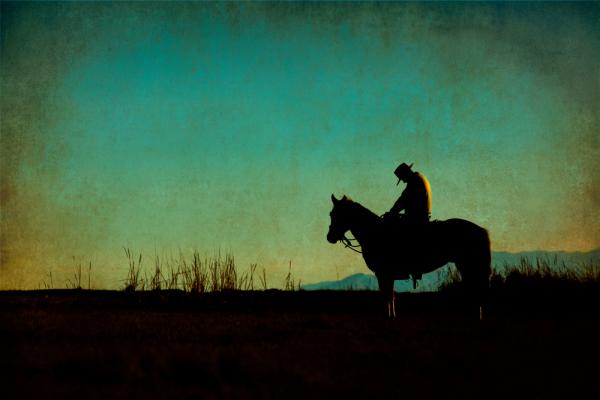The Wild West as we imagine it is a bit of a sham, of course — constructed in part by people living there even at the time, who would stage train robberies and trick out saloons to thrill adventure-seeking, money-dropping East Coasters.
It’s a cartoonized myth, the kind perfectly suited to the sort of theme park that America today leads the world in delivering. This could cause even greater skepticism about our present surroundings — but really, is there great romantic difference between a bygone West of restaurants and wagon paraphernalia and a tribute West of all that plus a water park? We agree that this is the story we’re telling and we go with it; to delight ourselves and each other, to give ourselves an origin story, a reason for what it’s all for.
I should mention it is Memorial Day weekend. National holidays share a similarly constructed myth in our collective nostalgia, I think, and Memorial Day has come further than most from its original purpose.
Read the Full Article

